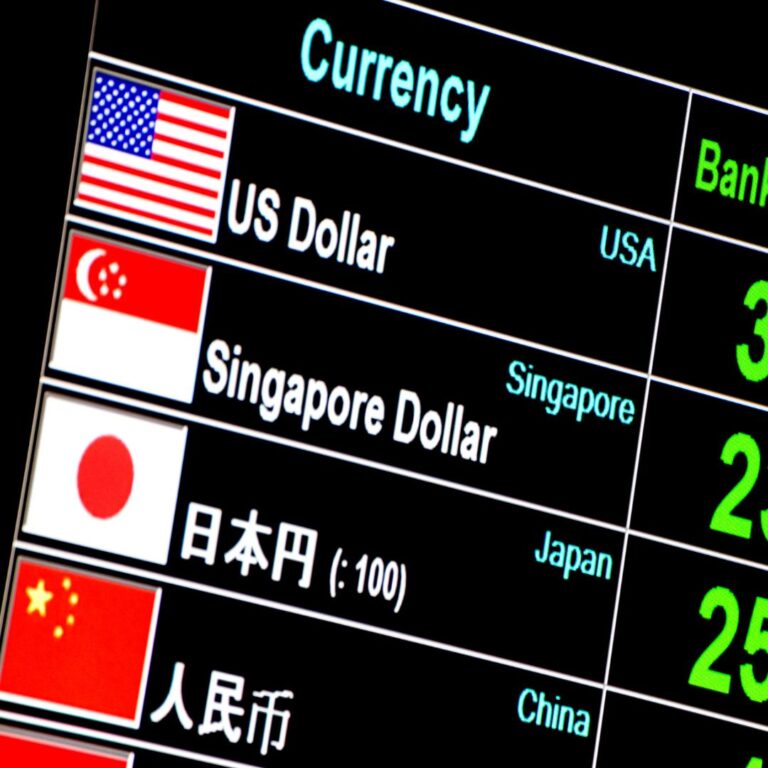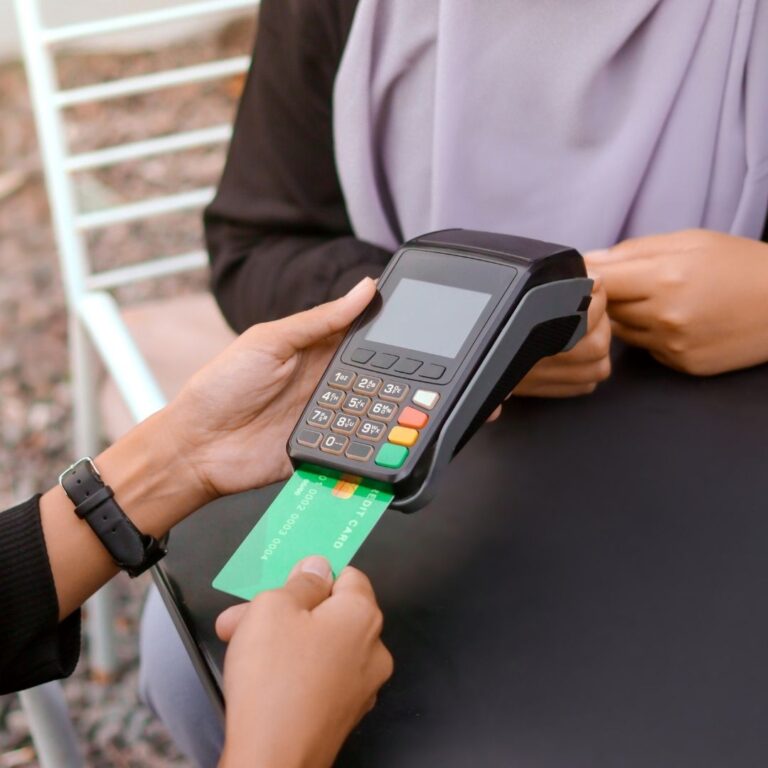Singapore’s Islamic finance ecosystem is undergoing a dynamic transformation, propelled by ground-up initiatives, strategic innovation, and cross-sector collaboration. In 2024, the industry achieved significant milestones, including the second Singapore Islamic Finance Forum (SIFF), which established five key resolutions to enhance talent development, regulatory collaboration, public literacy, Shariah governance, and the prioritization of Shariah-compliant products.
With 11 new product launches in 2024 spanning banking, asset management, and fintech, institutions like Maybank Singapore and innovative platforms such as RizqX and GivingFridays.com have redefined financial solutions tailored to the modern Muslim community. Looking ahead, 2025 promises an even brighter horizon, with 9 products in the pipeline, the establishment of the Singapore Islamic College, and the Johor-Singapore Special Economic Zone (SEZ) set to enhance regional collaboration.
This report captures the achievements of 24 key players, showcasing how Singapore’s Islamic finance sector laid a strong foundation in 2024 to emerge as a regional hub of innovation, inclusivity, and sustainability in 2025 and beyond.


























